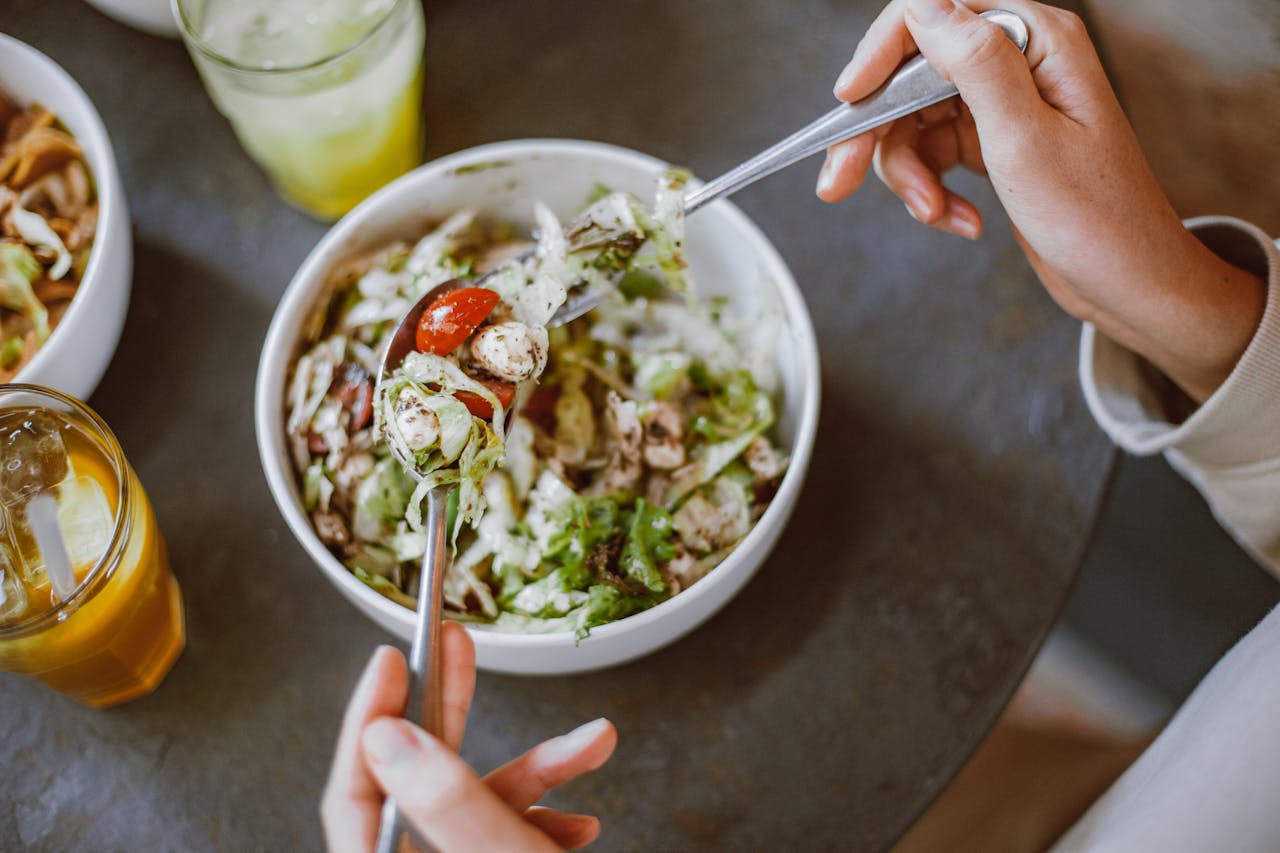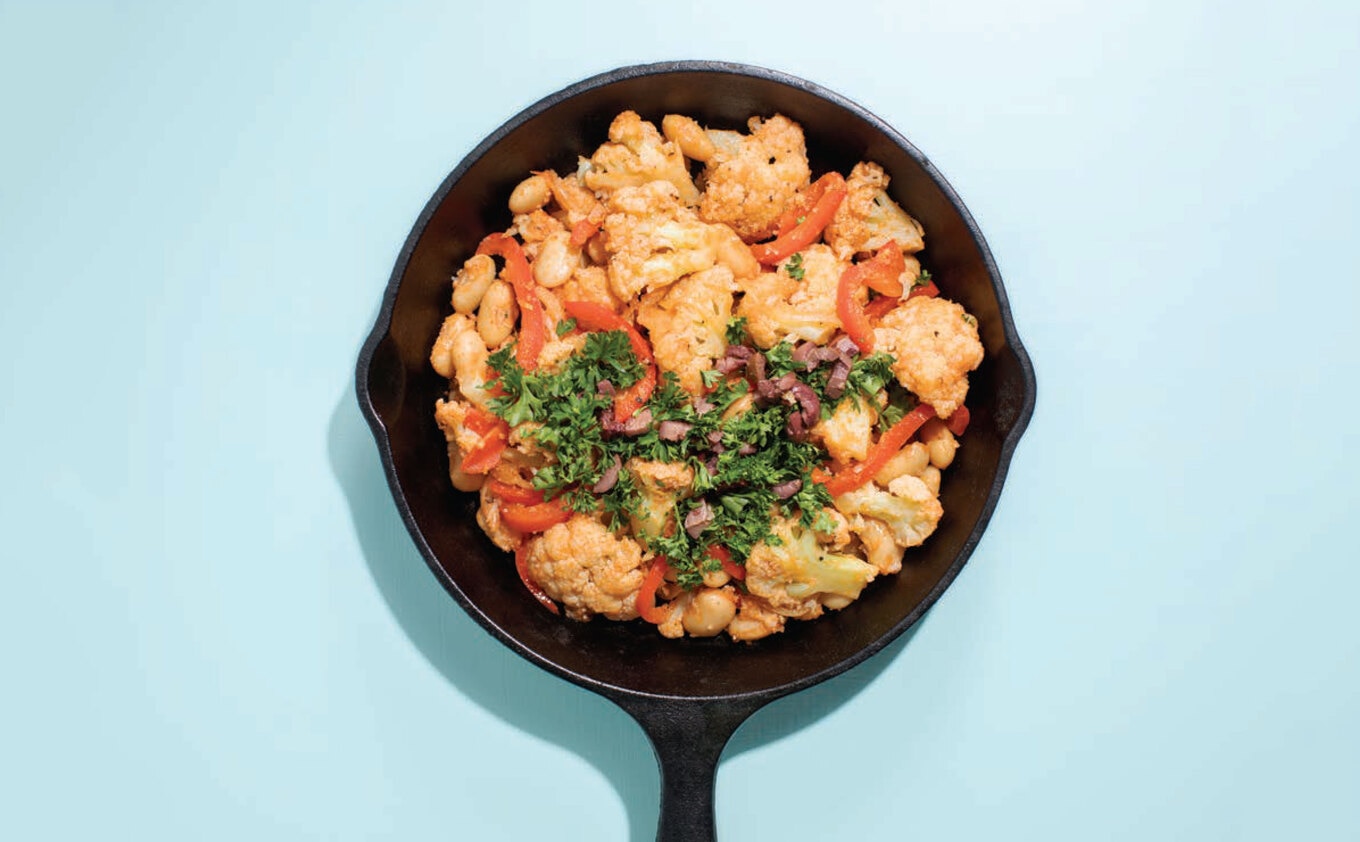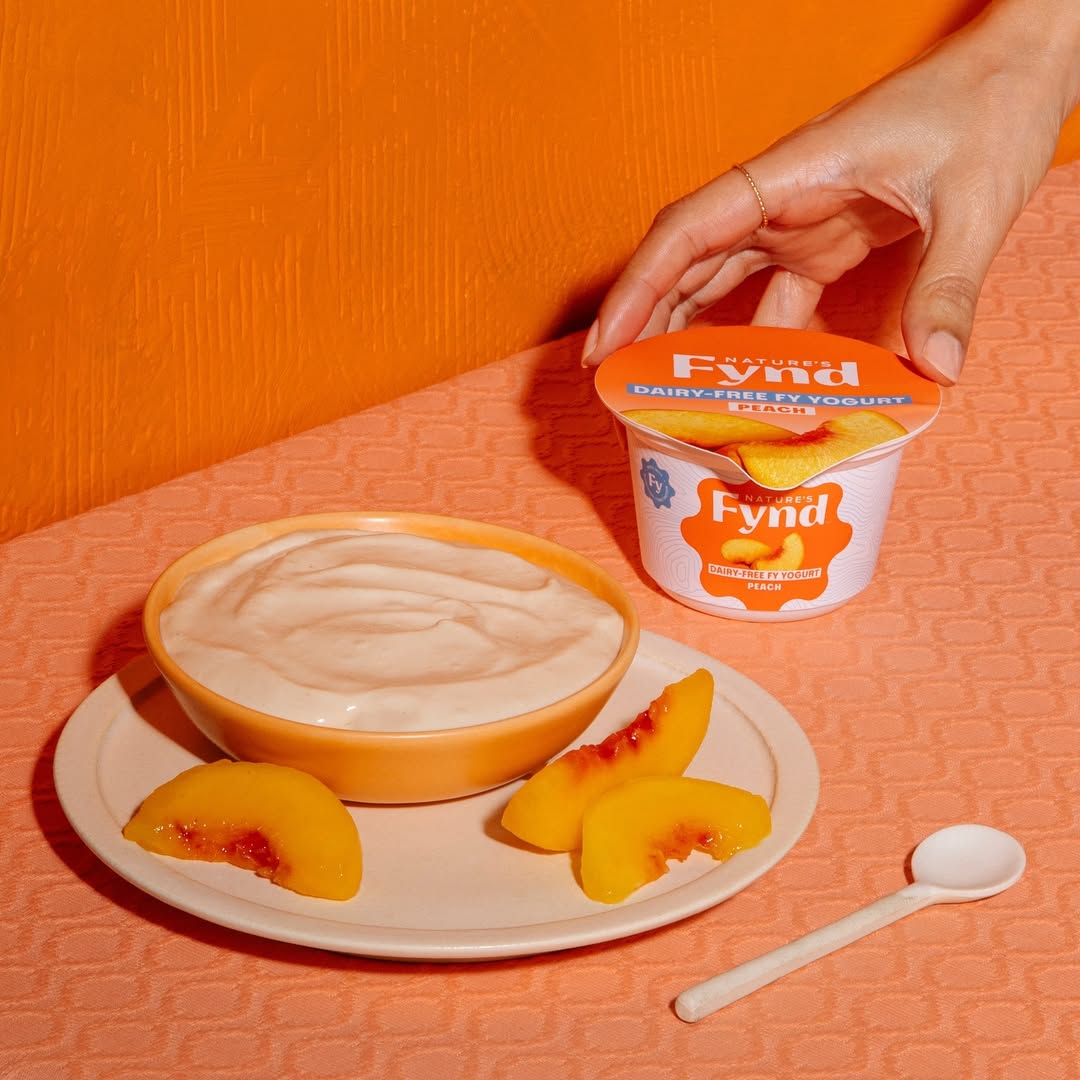Colorectal cancer stands as the second leading cause of cancer-related deaths in the United States, with dietary habits playing a significant role in its development. Recent research from the University of South Florida (USF) and Tampa General Hospital (TGH) Cancer Institute has identified a potential link between the Western diet—characterized by high consumption of ultra-processed foods and unhealthy oils—and the chronic inflammation that fosters tumor growth.
Supported by a five-year, $3.1 million grant from the National Institutes of Health, the research team has made significant strides in understanding colorectal cancer. Their initial study investigates how processed foods may impede the body’s natural healing processes. The findings are published in the journal Gut.
Cottonbro Studio | Pexels
Timothy Yeatman, MD, a distinguished physician-scientist and professor of surgery at USF Health Morsani College of Medicine, as well as the associate center director for Translational Research and Innovation at the TGH Cancer Institute, noted the correlation between unhealthy diets and increased bodily inflammation.
“It is well known that patients with unhealthy diets have increased inflammation in their bodies,” he said, further explaining that this inflammation is present in colon tumors, likening cancer to “a chronic wound that won’t heal.” Yeatman emphasized that a diet rich in ultra-processed foods diminishes the body’s ability to heal due to inflammation and immune system suppression, thereby facilitating cancer growth.
The study underscores the urgent need to reassess the components of the Western diet, which typically includes excessive amounts of added sugars, saturated fats, ultra-processed foods, chemicals, and inflammatory seed oils. Previous research by the USF Health Heart Institute has shown that an imbalanced diet not only affects colorectal cancer but also contributes to other diseases such as Alzheimer’s, diabetes, and cardiovascular conditions.
 Pexels
Pexels
Ganesh Halade, PhD, an associate professor at the USF Health Heart Institute and a member of the Cancer Biology Program at TGH Cancer Institute, highlighted the body’s mechanism for resolving inflammation through bioactive lipid compounds derived from healthy fats. He noted, “Our bodies are designed to actively resolve inflammation through bioactive lipid compounds derived from the healthy fats, like avocados.” Halade pointed out that bioactive lipids, which are small molecules obtained from our diet, can disrupt the immune system and promote chronic inflammation when sourced from processed foods.
Yeatman emphasized the potential of the immune system to significantly influence the tumor microenvironment, stating, “A human’s immune system can be extremely powerful and drastically impact the tumor microenvironment, which is great if harnessed correctly for health and wellness.” However, he cautioned that this potential is compromised when the immune system is suppressed by inflammatory lipids from processed foods.
Fructose and cancer
In a related study, researchers from Washington University in St. Louis, MO have investigated the role of dietary fructose in cancer progression. Over the past five decades, fructose consumption has risen significantly, primarily due to the widespread use of high-fructose corn syrup as a sweetener in beverages and ultra-processed foods. The study, published on December 4 in the journal Nature, reveals that while fructose does not directly fuel tumors, the liver metabolizes it into nutrients that cancer cells can utilize.

Gary Patti, PhD, the Michael and Tana Powell Professor of Chemistry in Arts & Sciences and a professor of genetics and medicine at Washington University, commented on the findings: “The idea that you can tackle cancer with diet is intriguing.” He elaborated that the body’s processing of dietary components is complex, with healthy tissues converting ingested substances into forms that tumors can exploit.
The research team discovered that the liver transforms fructose into lipids, which are then released into the bloodstream. These lipids serve as building blocks for cell membranes, facilitating cancer cell growth. The study demonstrated that high levels of fructose consumption lead to an increase in circulating lipids, thereby promoting tumor growth across various cancer types, including melanoma, breast cancer, and cervical cancer.
 Unsplash
Unsplash
Ronald Fowle-Grider, PhD, a postdoctoral fellow in Patti’s lab and the study’s first author, noted, “Our initial expectation was that tumor cells metabolize fructose just like glucose, directly utilizing its atoms to build new cellular components such as DNA. We were surprised that fructose was barely metabolized in the tumor types we tested.” This observation led the researchers to conclude that the liver’s conversion of fructose into usable nutrients plays a pivotal role in tumor growth.
The study’s findings suggest that dietary interventions targeting fructose intake could be a viable strategy for cancer treatment. Patti emphasized the potential of such approaches. “An implication of these findings is that we do not have to limit ourselves to therapeutics that only target disease cells,” he said. “Rather, we can think about targeting the metabolism of healthy cells to treat cancer.”






